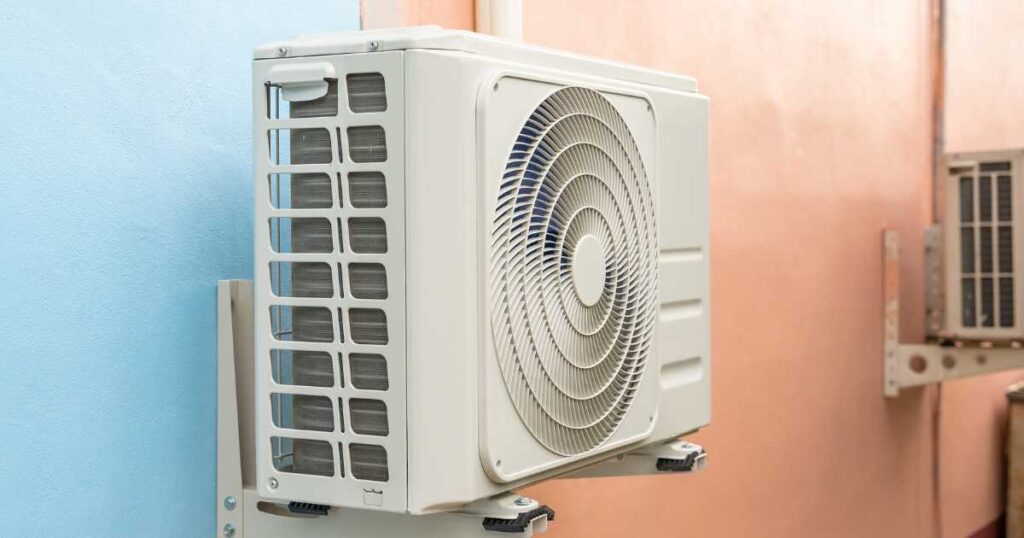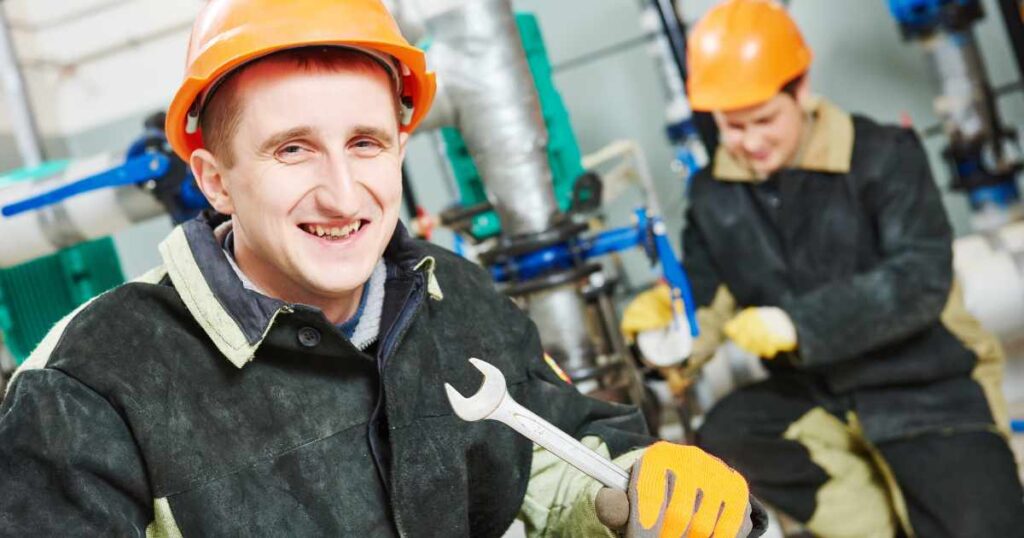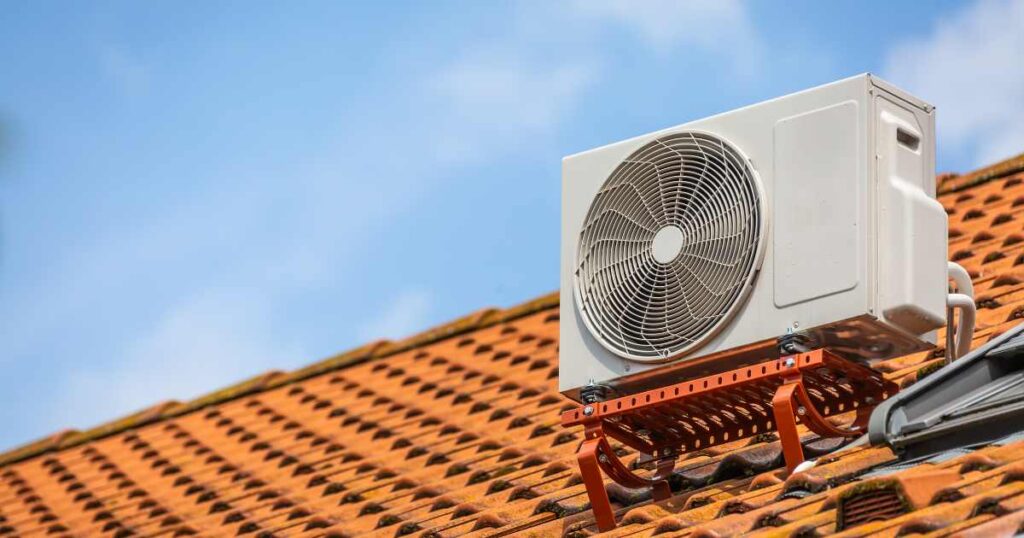Are you a resident of New South Wales and wondering who is eligible for free hot water upgrade NSW?? The idea of economical and sustainable living is no longer a pipe dream, and many households in NSW could qualify for this eco-friendly solution. From reducing energy bills to contributing to a greener environment, upgrading to a more efficient hot water system can offer an array of benefits.
In a bid to make sustainable living more accessible, the NSW government has introduced initiatives to provide eligible homeowners with free hot water system upgrades. This initiative aims to not only reduce energy consumption but also minimize household expenses. By availing of this opportunity, you can play a part in both conserving resources and saving money.
In this comprehensive guide, we’ll explore the eligibility criteria for these free hot water upgrades and the steps to potentially benefit from this program. Stay tuned to understand how you can capitalize on this initiative and maximize the benefits for your household.
Understanding the Free Hot Water Upgrade Program in NSW

The Free Hot Water Upgrade Program in New South Wales is a government-funded initiative aimed at increasing energy efficiency in homes. The program provides eligible homeowners and renters with a free upgrade to their hot water system, replacing old systems with more energy-efficient ones. This upgrade can lead to substantial cost savings and environmental benefits.
To be eligible, participants must meet certain criteria, such as residing in a participating area and fulfilling income and residency requirements. The installation process, carried out by approved suppliers like Renewable Energy Upgrades which is a leading company for installing Renewable Energy Products, typically takes from a few hours to a full day. The program is designed to facilitate the transition to more energy-efficient hot water systems in NSW homes, contributing to both individual savings and broader environmental goals
Benefits of Free Hot Water Upgrades
- Cost Savings: Upgrading to a more energy-efficient hot water system can significantly reduce energy bills.
- Environmental Impact: Energy-efficient systems reduce carbon emissions, contributing to environmental sustainability.
- Improved System Efficiency: Newer systems often operate more efficiently, providing better hot water service.
- Reduced Energy Consumption: Efficient hot water systems use less energy, which is beneficial for both the household and the wider energy grid.
- Enhanced Property Value: Upgraded systems can increase the value of a property by modernizing its utilities.
- Government Support: These upgrades are often supported by government initiatives, reducing the financial burden on homeowners and renters.
These benefits collectively contribute to both individual financial savings and broader environmental goals.
Eligibility Criteria for Free Hot Water Upgrades
If you are wondering who is eligible for free hot water upgrade NSW, here are the criteria that describe who is eligible for free hot water upgrade nsw.
- Residency: The primary criterion is that residential homeowners must live in the NSW area. Both residential homeowners and individuals living in strata houses are eligible to apply for the program.
- Existing Hot Water System: Eligibility requires having an electric hot water system already installed. Those who already have a heat pump hot water system are not eligible for an upgrade, as the program is designed to replace less efficient electric systems with more efficient ones.
- Income and Property Value Thresholds: Some approved suppliers may set income restrictions for the free upgrade. Additionally, there may be property value thresholds to meet. Homeowners should check the specific criteria with their approved suppliers or research multiple suppliers to get a quote.
- Property Type: The program is accessible to various property types, including standalone homes and apartments, to ensure broad accessibility for NSW residents.
Interested homeowners can verify their eligibility and apply for the program through the government’s website or by Contact us at 1300738787. You can also Fill out this form so our expert will contact you.
How to Apply for Free Hot Water Upgrades in NSW

- Check Eligibility: Verify if you meet the eligibility criteria, which include residency, having an existing electric hot water system, income and property value thresholds, and the type of property you own.
- Contact Approved Suppliers: Reach out to approved suppliers who are part of the program. They will assess your eligibility and provide you with a quote. You can contact us at 1300738787 for details.
- Select a Hot Water System: With the assistance of your chosen supplier, select a hot water system that suits your home’s requirements.
- Complete Necessary Forms: Your supplier will provide you with a nomination form. Ensure that this form is signed before the installation is complete.
- Schedule Installation: The supplier will arrange for a licensed electrician and/or plumber to install your new hot water system. They will also guide you on how to use it.
- Old System Disposal: The electrician or plumber will dispose of and recycle your old hot water system and any other replaced equipment.
- Enjoy Your New System: After installation, you can start using your new, more efficient hot water system. For any issues or questions, contact your supplier for assistance.
The application process is designed to be straightforward, with support from approved suppliers to ensure a smooth transition to the new system.
Maintenance and Care for Upgraded Hot Water Systems
- Regular Inspections: Schedule annual inspections by a qualified technician to check for any issues and ensure the system is operating efficiently.
- Cleaning and Dusting: Regularly clean and dust the exterior of the unit to prevent buildup that can hinder performance. For outdoor units, keep the area around the system clear of debris.
- Check for Leaks: Periodically inspect for any leaks or signs of corrosion around valves and connections. Early detection of leaks can prevent more significant problems.
- Anode Rod Replacement: If applicable, check the condition of the anode rod (in systems that have one) every few years. Replacing it when needed can prevent corrosion of the tank.
- Temperature Settings: Ensure the temperature is set at an optimal level. Overheating can increase energy consumption and wear out the system faster.
- Insulate Pipes: If not already done, insulate hot water pipes to reduce heat loss and improve efficiency.
- Flush the System: Depending on the model, occasionally flushing out the system to remove sediment can be beneficial. This is especially important for systems with a storage tank.
- Check Pressure Relief Valve: Regularly test the pressure relief valve to ensure it’s functioning correctly. This valve is crucial for safety.
- Refer to Manufacturer’s Instructions: Always follow the manufacturer’s maintenance guidelines specific to your model for the best care.
- Energy Efficiency Settings: If your system has specific energy-saving features or modes, learn how to use them effectively.
Regular maintenance not only extends the life of your hot water system but also ensures it runs efficiently, helping to keep your energy costs down.
Frequently Asked Questions about Free Hot Water Upgrades
It’s a government-funded initiative in NSW designed to replace older, less efficient hot water systems with more energy-efficient models for eligible residents, leading to cost savings and environmental benefits.
Eligibility typically includes being a homeowner or renter in NSW, having an existing electric hot water system, and meeting certain income and property value thresholds. The specifics can vary, so it’s important to check with an approved supplier.
Contact us at 1300738787 to check your eligibility and get a quote. Choose a suitable system with our help, sign the necessary forms, and schedule the installation.
The program often focuses on installing energy-efficient systems like heat pump water heaters, but the exact options may vary based on the supplier and your home’s needs.
Installation typically takes a few hours to a full day, depending on the complexity and the specific system being installed.


